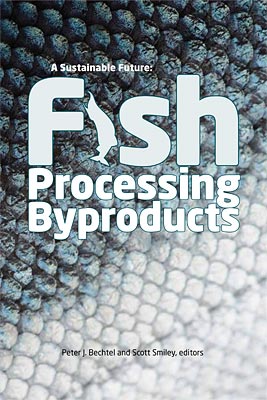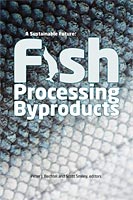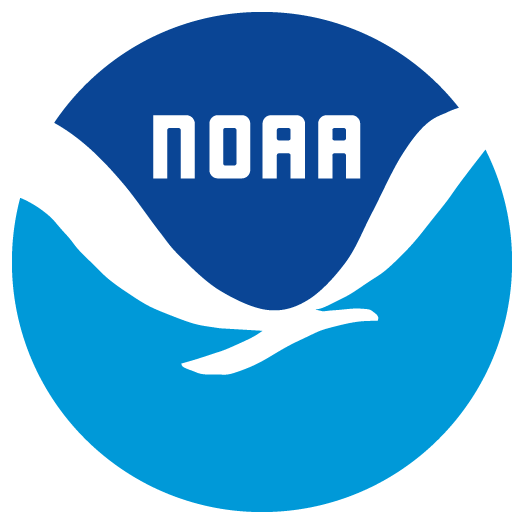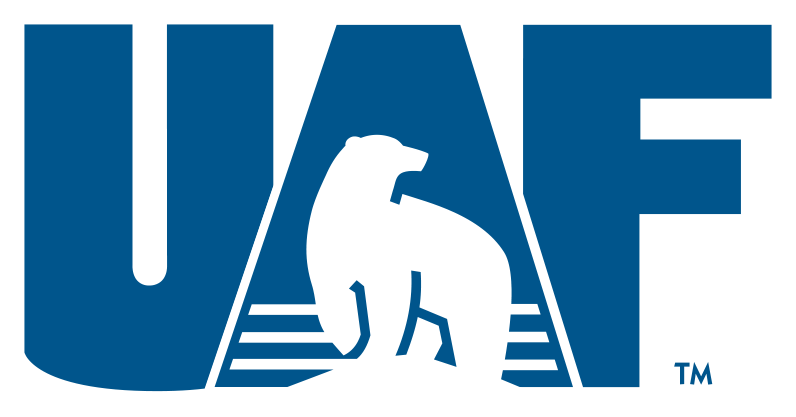
Recovery and utilization of protein from surimi processing water
J. Rodrigo-García, J. Jaczynski, and J. Antonio Torres
- Price: $1.50
 This is part of A Sustainable Future: Fish Processing Byproducts
This is part of A Sustainable Future: Fish Processing Byproducts| Format | Price | |
|---|---|---|
| PDF download [662.1 KB] | $1.50 | Add to Cart |
Description
Developing technologies for the recovery and utilization of proteins discarded with surimi wash water (SWW) will help to ensure the future viability of the surimi industry. The low yield of surimi production, the environmental impact of discharging SWW into the environment, and the large amounts of fresh water used, about 20 times the weight of the deboned meat, are driving the need to develop technologies to treat SWW. A chitosan-alginate treatment can be used to recover SWW proteins while retaining both their functional properties and nutritional value. The optimization of the chitosan-alginate treatment, the assessment of the nutritional value of the solids recovered from SWW, and the effect of adding SWW recovered soluble protein recovered into surimi gels are presented here. Incorporating protein recovered from SWW into surimi could enhance the economic sustainability of the surimi industry, reduce environmental pollution, and increase utilization of harvested fish. In addition, the water recovered from SWW can be reused and thus lower the demand on local water supplies, an increasingly scarce resource in many coastal communities.
Item details
- Item number: AK-SG-10-02m
- Year: 2010
- DOI: https://doi.org/10.4027/sffpb.2010.13



